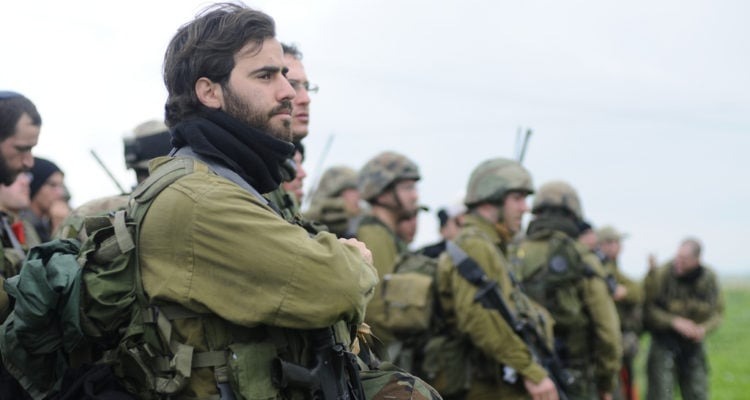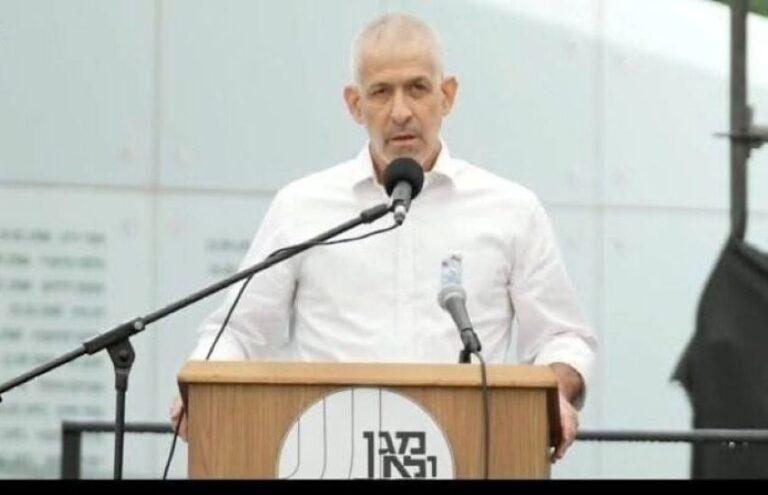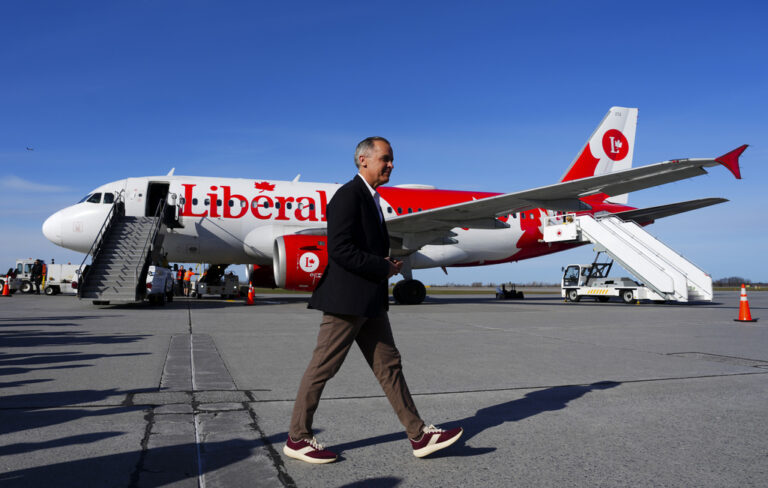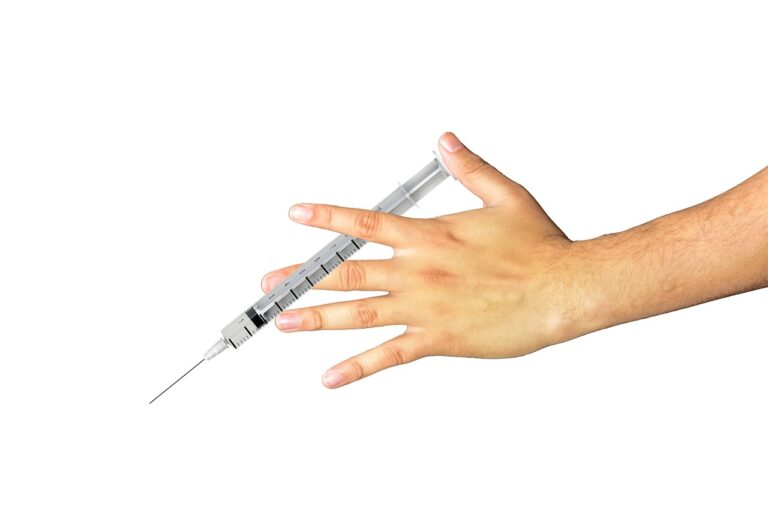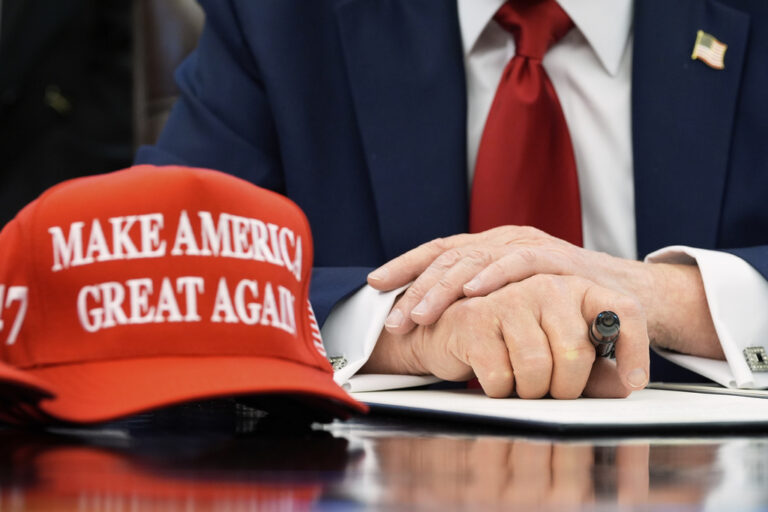 While the death of Venezuela’s stridently anti-American President Hugo Chavez on Tuesday raised hopes in Washington for better U.S.-Venezuela relations, the Obama administration reacted cautiously as it weighed the prospects for a diplomatic thaw.
While the death of Venezuela’s stridently anti-American President Hugo Chavez on Tuesday raised hopes in Washington for better U.S.-Venezuela relations, the Obama administration reacted cautiously as it weighed the prospects for a diplomatic thaw.
President Barack Obama quickly reached out to Venezuelans, expressing an interest in a “constructive relationship” in the post-Chavez era. But analysts said it would be hard to make tangible progress when deep political uncertainty risks destabilizing the South American oil-producing nation.
Washington’s challenge will be to figure out how far to go in seizing the opening to engage with Venezuelan leaders as well as its political opposition without giving the impression of U.S. meddling following the socialist president’s death after a two-year battle with cancer.
“We’re not interested in having a confrontational relationship with Venezuela,” a senior U.S. official told Reuters. “We’re going to have to see how things evolve. It’s a dynamic period.”
For Washington, a major test will be whether Venezuela follows its own constitution – which has been widely interpreted to require a special election to pick Chavez’s successor – and if such a vote is conducted in a free and fair way in “accordance with hemispheric norms,” the official said.
Washington had accused Chavez and his allies of electoral abuses, such as intimidating foes and misusing state media during his 14-year rule.
Chavez had created headaches for successive U.S. administrations with his strong anti-American rhetoric and his alliances with some of Washington’s main foes, including Cuba and Iran. The question now is whether his leftist “revolution” and incendiary foreign policy can live on without his dominant personality at the helm.
In a normally divided Washington, Chavez’s death brought a rare moment of bipartisan agreement, with Republicans and Democrats alike seeing it as a chance to turn a page after a long period of strained U.S.-Venezuelan ties.
“Hugo Chavez was a destabilizing force in Latin America, and an obstacle to progress in the region,” said Mike Rogers, a Republican from Michigan and chairman of the U.S. House of Representatives intelligence committee. “I hope his death provides an opportunity for a new chapter in U.S.-Venezuelan relations.”
“Hopefully there will be a peaceful transition of power in Venezuela with real, meaningful democratic reforms,” U.S. Senator Bill Nelson, a Democrat from Florida, said in a message on Twitter.
OBAMA’S NOT-SO-SUBTLE MESSAGE
Obama called it a “challenging time” for Venezuela and – in a measured but not-so-subtle message to Vice President Nicolas Maduro, Chavez’s preferred successor – said the United States “remains committed to policies that promote democratic principles, the rule of law and respect for human rights.”
Taking the chill off the relationship between Washington and Caracas will not be easy.
Recent U.S. efforts to improve long-dormant cooperation in areas like drug interdiction and regional security were favorably received at first in Caracas but ultimately failed to yield any real progress, the senior administration official said.
And Washington was quick to reject Maduro’s accusations, made just hours before his announcement of Chavez’s death, that the United States had been engaged in a conspiracy against the president and Venezuela.
“Their statements and actions today call into question their interest in having a functional and productive relationship with the United States,” the official said.
Chavez, who took on Cuban leader Fidel Castro’s role as Latin America’s most vocal critic of Washington, accused the United States of pursuing imperialist policies in the region as he used Venezuela’s oil wealth to bolster leftist allies.
As for whether Washington hoped to see Venezuela move away from its alliance with communist-ruled Cuba, the U.S. official said: “That’s up to them to determine who their partners are.” But the official added that Washington has not hesitated to make known its displeasure when “there were relationships with actors of concern.”
U.S. officials had contended that Chavez’ rule eroded democratic freedoms in Venezuela and he went too far in concentrating power in his own hands.
But any overt U.S. effort to intervene in Venezuela’s politics now would almost certainly backfire, and possibly harm the anti-Chavez opposition.
“It is a delicate time. I think the United States needs to be very patient and not become a factor internally in a way that … could become negative,” said Arturo Valenzuela, the U.S. State Department’s top official for the Western Hemisphere from 2009 to 2011.
Despite the tensions between them, Venezuela has remained a major oil supplier to the United States.
Chavez had originally spoken of seeking better relations with the White House when Obama took office in 2009 after the departure of George W. Bush, whom the Venezuela leader once called “the devil.”
But that quickly soured, with Chavez saying Obama was disappointing the world by sticking to Bush’s policies.
The U.S. embassy in Caracas has been without an ambassador since 2010 when Chavez rejected the U.S. appointee. That led Washington to revoke credentials of Venezuela’s ambassador.
Latin America experts warned of upheaval to come in Venezuela that could complicate any U.S. efforts.
“You’re going to have forces within ‘Chavismo’ vying for power and for the spot of Hugo Chavez,” said Carl Meacham of the Center for Strategic and International Studies in Washington. “Is it going to get better?” he asked, referring to U.S. ties. “I’d say probably not.”
But analysts said change will come, albeit not immediately.
“Chavez has played an outsized role in the hemisphere,” said Eric Farnsworth, vice president of the Council of the Americas think tank. “So his passing will change hemisphere politics. This is an ending of an era or the beginning of a new one.”
(Reuters)





